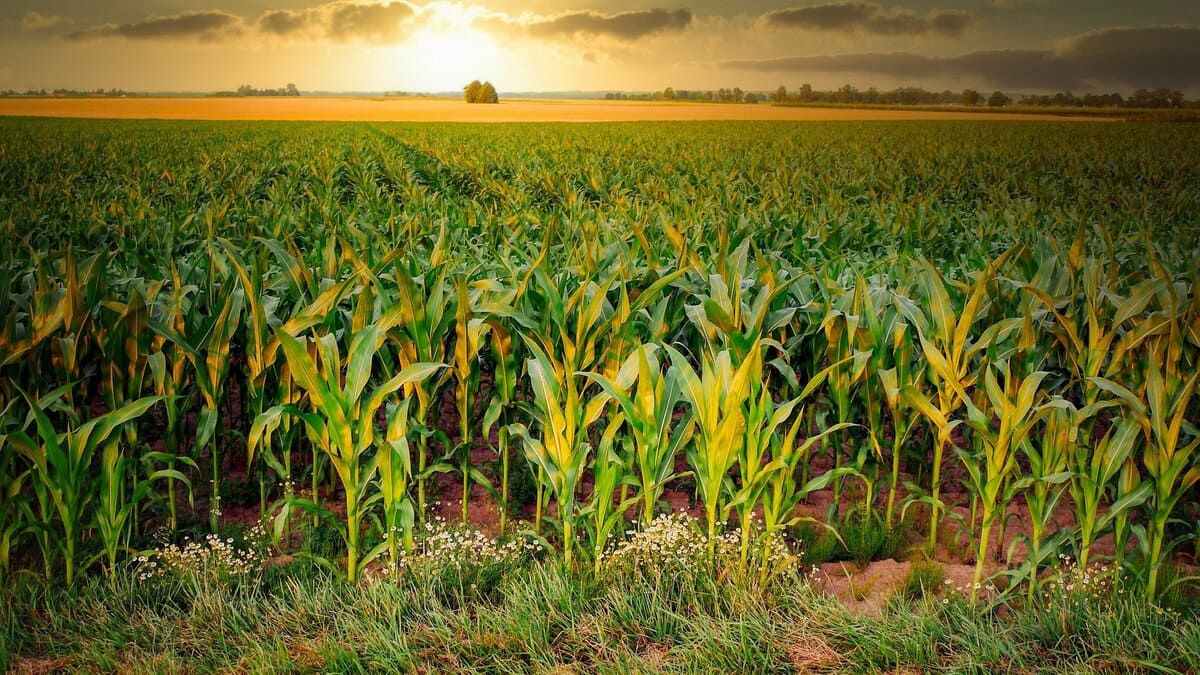
PRESS RELEASE: Root and tuber crops key in building resilience in food system
December 2, 2022[Nairobi, November 21, 2022]: Countries in Sub-Saharan Africa have not yet fully exploited the potential of Root and Tuber crops in their contribution to people diets, livelihoods, and economies. The production of main root crops such as cassava, sweet potato, coco yam, and yams remains below potential, and the status therefore presents a challenge to policymakers, researchers, and other value chain actors to strengthen the roots and tubers value chains to increase their competitiveness in our agri-food systems. This was revealed during the 19th International Triennial Symposium of the International Society for Tropical Root Crops (ISTRC) meeting held in Nairobi, Kenya between 21st – 25th November 2022.
Agriculture Research Secretary at the Ministry of Agriculture and Livestock Development in Kenya, Dr. Oscar Magenya, said that in the country, market demand for the roots and tubers is expected to continue growing, driven partly by rapid urbanization, and changing dietary habits of the growing town populations. “Many urban consumers are returning to traditional foods like sweet potato and arrowroot recognizing their good nutritional properties,” he said
Speaking during the 19th ISTRC, Dr. Magenya added that Roots and Tubers have made a steady transition from the perception as a low-income food option for a few decades ago to becoming part of the mainstream dietary choices. He noted the critical role that roots, and tubers are playing in the context of climate change.
Experts say root crops as a sub-sector in agriculture and food systems have, for a long time, received inadequate policy attention thus limiting their potential contribution to food and nutrition security of millions of households. This has also delayed the benefits that can be realized from the climate resilience potential of some of the value chains in this sub-sector.
According to Dr. Canisius Kanangire, Executive Director, AATF, root and tuber crops are the most important commodities for food and nutritional security and income generation particularly among smallholder farmers.
Furthermore, as resilient crops, Dr. Kanangire observed that they can assist farmers in adapting to climate fluctuations noting that “this is the opportunity for the global community to look for technological and corporate solutions to boost root tuber crops for resilient foods, nutrition and industrial systems that will lead to long-term economic development.”
Although Africa has vast agricultural land, crop productivity in the continent has been low compared to other continents. Therefore, to improve crop production, Dr. Kanangire urged that there is need to have technologies that can increase productivity, protect crops from diseases and pests and climate fluctuations, adding that this will only be possible if farmers have access to technology and knowledge on smart agriculture
The ISTRC President Prof. Lateef Sanni, said the threats to food system, which have made it difficult for innovations to reach farmers’ hands and the shocks brought about by the Ukraine-Russia war have brought to the front burner the importance and significance of root and tuber crops.
“Empirical data shows that root and tuber crops are the most important commodities for food security nutrition and income generation, particularly among small holder farmers. As resilient crops, roots and tubers might assist farmers in adapting to climate change and fluctuation.
Kenya Agricultural Livestock Research Organization (KALRO) Director General, Dr. Eliud Kireger, said that roots and tuber crops are sources of income for our farmers and are climate resilient and above all, they provide carbohydrates, minerals, vitamins, and raw materials for industrial food processing and blending.
In a speech read on his behalf by KALRO Director Crops Research Systems, Dr. Lusike Wasilwa said that KALRO in collaboration with partners have developed and released over 19 varieties of cassava including KMEs, Tajirika, Karembo, and Karibuni, over 50 potato varieties namely Unica, Shangi, Sherekea and Asante and over 24 varieties of sweet potatoes including Kenspots, SPKs, Kemb10, Mugande, Vitaa and Kabonde.
Other speakers during this session included Miriam Cherogony, Self Help Africa, Country Director, Kenya; Dr Paul Demo, International Potato Center (CIP) Director for Africa who represented Dr Claudia Sadoff, One CGIAR-Executive-Managing Director; Dr. Susan Kaaria, Director, AWARD; Dr. Richardson Okechukwu, President, ISTRC-Africa Branch; and Dr. Emmanuel Okogbenin, Director, Programme Development & Commercialization, AATF, and First Vice President of 19th ISTRC
The symposium was held in Africa for the first time under the theme “Technological and business innovations for strengthening root and tuber crops for resilient food, nutrition and industrial systems towards sustainable economic development” It was organized by the AATF, the ISTRC. It provided an opportunity for scientists from around the world to showcase the latest technologies, products, and services and to create new ideas and partnerships for various stakeholders.
########
About AATF (www.aatf-africa.org)
Founded in 2003 to address Africa’s food security prospects through agricultural technology, AATF believes that the agricultural sector is a key foundational pillar as Africa consolidates its economic growth and carves out its new position as a major global economic powerhouse and the next growth market in the world. It was formed in response to the need for an effective mechanism that would facilitate and support negotiation for technology access and delivery and formation of appropriate partnerships to manage the development & deployment of innovative technologies for use by smallholder farmers in SSA:
For more information contact:
George Achia, Communications Officer, East and Southern Africa, AATF; G.achia@aatf-africa.org ; +254 785 334163
